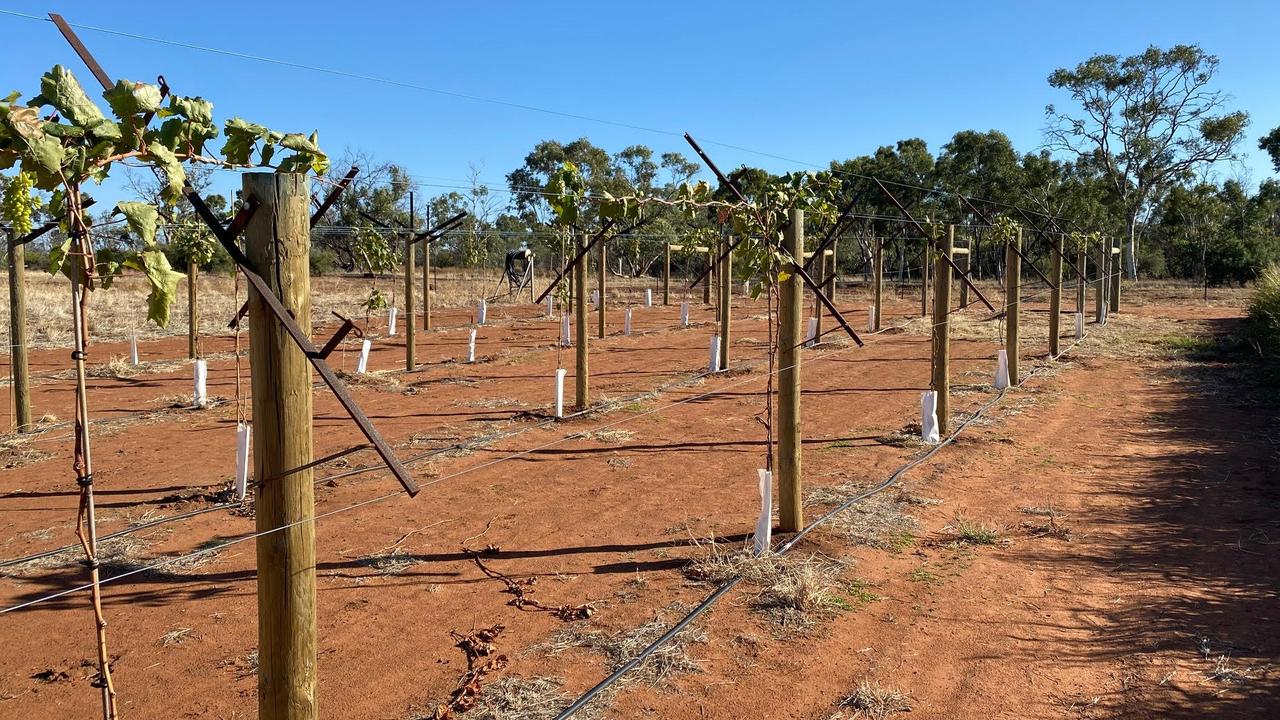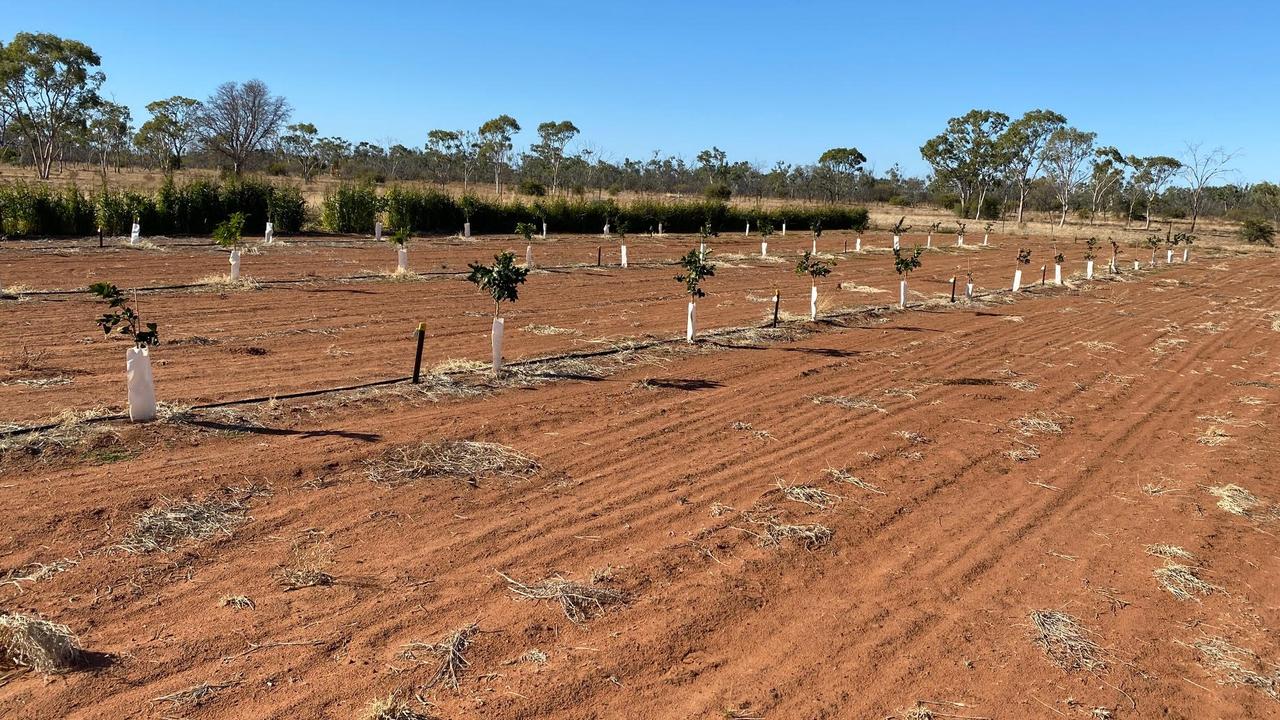Singleton Station environment report set for release after years of planning
The developers of a major horticulture project say rewards outweigh the risks as they prepare to submit a major environmental application.
FORTUNE Agribusiness, developers of the Singleton Station horticulture project, is putting the final touches to the submission it plans to present to the Environment Protection Authority this month.
Proposed for approximately 3300ha in the Western Davenport region about 120km from Tennant Creek, the project is the Territory’s largest mixed-horticulture holding and one of the country’s biggest fruit and vegetable farms.
The Singleton project has the support of the Northern Territory government, which wants to diversify the Territory economy to meet its target to grow the economy to $40bn by 2030.
But it appears headed to the courts after the Arid Lands Environment Centre and Central Land Council sought a judicial review of the water license granted last year.

The 40GL gigalitres (40,000ML) a year allocation is the Territory’s largest ever.
Fortune Agribusiness founder and project driving force Peter Wood said the expansion into horticulture would bring long term employment and economic benefits to the Northern Territory and make a significant contribution to Australia’s food security.
The 40GL comes out of an annual allocation of a possible 87GL, of which 30 per cent was designated for usage by Aboriginal people. Singleton’s water license expires after 30 years.
Acknowledging the size of the allocation, Mr Wood said potential investors in the project needed to be certain their capital commitment was supported by key decision makers in the Northern Territory government and industry.
“We have financial backers and they needed to see a certain scale of support,” Mr Wood said.
“Fortune Agribusiness is planning to invest more than $200m. There is considerable capital investment required upfront to make it stand-up and an additional cost compared to a lot of potential competing locations in terms of transport and logistics.
“It needed to be at a certain scale to justify the investment and commitment and to allow economies of scale when we’re producing.”
The 3300ha parcel will be developed over nine years and in four stages with a 12GL allocation at stage one and stringent conditions apply before the next stage can proceed.
The 40GL per annum allocation will be fully used when all crops are mature in around year 13.
“One reason we’ve focused on horticulture rather than broadacre is horticulture delivers five or six times the amount of economic return per megalitre than broadacre and up to 20 times more employment,” Mr Wood said.
“The government wanted maximum value and maximum efficiency from the water usage and that is exactly what we’ve done.”
Mr Wood said the environmental submission would address all impacts of the water allocation and other potential impacts, such as contamination of surface water and groundwater and impacts of wind and water erosion.
He said the nearby Desert Springs farm at Ali Curung, which specialises in melon growth, is a prototype that demonstrates the potential benefits of Singleton.
Singleton’s primary crop will be mandarins, with the possible inclusion of other citrus fruits.
There will also be table grapes and sultana production, annual crops such as carrots and onions as well as potentially avocados, mangoes and Jujube (Chinese dates).

The permanent workforce is forecast to be in excess of 150 and more than 1000 will be employed during harvest.
In addition, there will be infrastructure requirements including accommodation, packing sheds, cold storage and workshops.
“There are a lot of opportunities both in permanent and seasonal roles,” Mr Wood said.
“There’s a lot of opportunities for local businesses in Tennant Creek ranging from land preparation for crops, the installation of fencing and irrigation systems, construction, bore drilling and environmental management which could involve a ranger program.
“The boost to the local economy will be substantial and will create career paths for local Indigenous people”
The remainder of the 300,000ha Singleton Station will continue to be leased for cattle.





